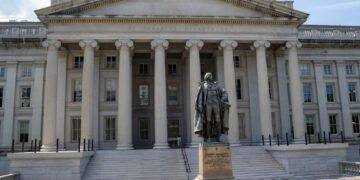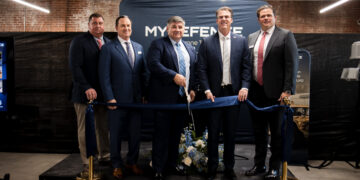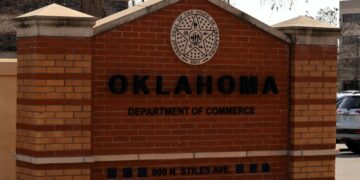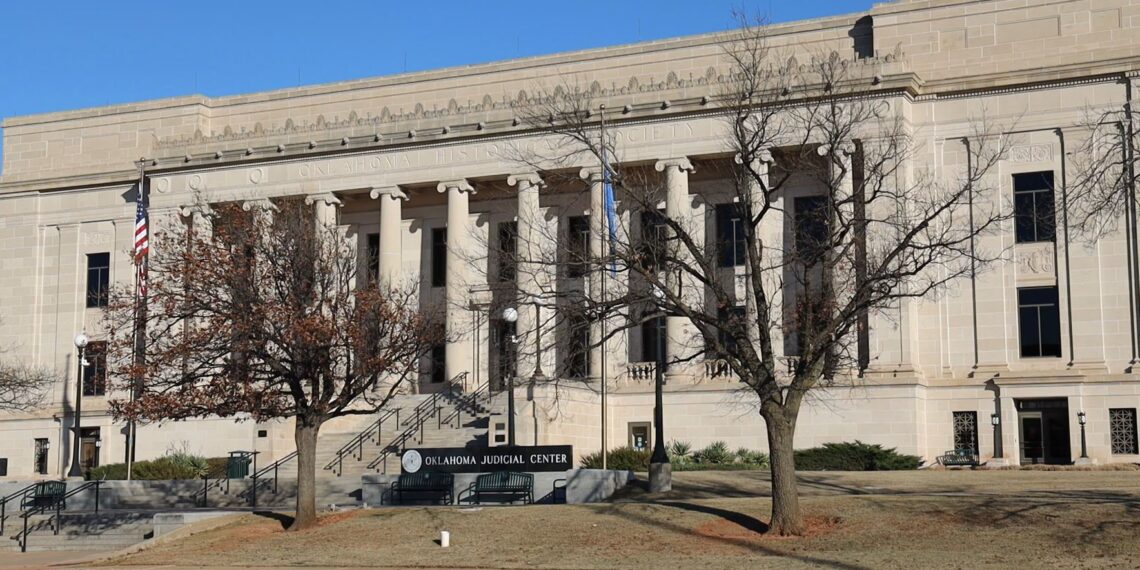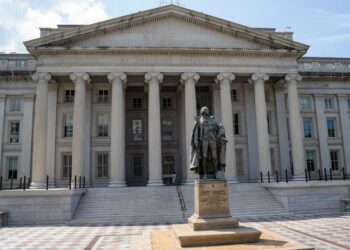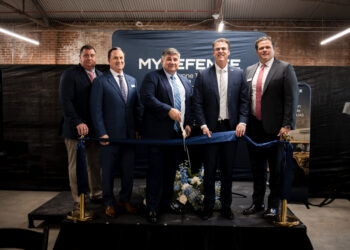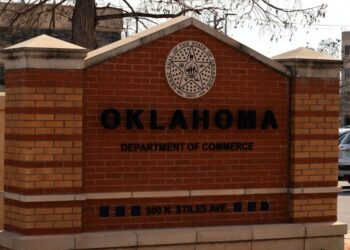(OKLAHOMA CITY) (OBV) — The battle over minimum wage in Oklahoma took another turn on Monday. The State Chamber of Oklahoma and The Farm Bureau Legal Foundation jointly filed a formal protest challenging the legality of State Question 832 (SQ 832), which aims to double the minimum wage in Oklahoma.
This legal challenge, filed at the Oklahoma Supreme Court, argues the state question is unconstitutional under Oklahoma law because it unlawfully delegates the legislature’s power to federal administrative officials.
Proponents of SQ 832 contend that the current state minimum wage has stayed the same for years and it is not a sustainable wage in 2023.
SQ 832, if passed, would more than double Oklahoma’s minimum wage to $15 per hour. It would also automatically raise it in years to come by linking it to the federally determined consumer price index. While on the surface, this may seem beneficial for low-wage workers, The State Chamber of Oklahoma and The Farm Bureau point out adverse effects on various sectors of the state’s economy.
“State Chamber member companies have no interest in artificially holding down wages, and in today’s labor market, they could not stay in business if they tried to do so,” said Chad Warmington, president and CEO of The State Chamber. “Let’s be clear, most of our members already pay well above the current minimum wage hourly rate to their non-salaried employees. What is a major concern to us is the automatic, open-ended increase being linked to a federal government produced index that is based upon cost-of-living rates in cities like New York or San Francisco. Those areas are not reflective of the actual cost of living in Oklahoma.”
To illustrate the spiral SQ 832’s Inflation Escalator could impose on Oklahoma families and businesses, the Chambers points to these numbers. Within a decade and a half of taking effect, the Inflation Escalator in SQ 832 would take the government-mandated wage from today’s $7.25 per hour to:
$22.16 per hour, if CPI-W grows at the 10-year average;
$27.56 per hour, if CPI-W grows at the 5-year average; and
$35.61 per hour, if CPI-W grows at the 3-year average.
The State Chamber of Oklahoma, representing a diverse range of businesses across the state, and The Farm Bureau, a voice for agricultural interests, express reservations about the potential consequences of enacting SQ 832. Both organizations acknowledge the importance of fair compensation for workers but contend that the proposed measure could have unintended consequences for Oklahoma’s economic landscape.
“Study after study has demonstrated that when a state or city’s minimum wage is hiked, the result is lower employment, higher costs for consumers, increased business failures, or some combination of those three signs of economic destruction,” said State Chamber Research Foundation executive director, Ben Lepak. “Worse, those economic effects are typically borne by the very people minimum wage advocates claim they are trying to help—low income workers. We feel there are better options for Oklahoma. “
The Chamber claims that they are not opposed to a minimum wage increase, but think it should be up to the Oklahoma legislature on what the increase would be and how it would be implemented.


